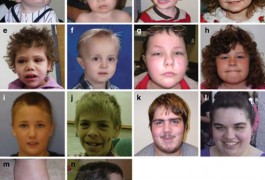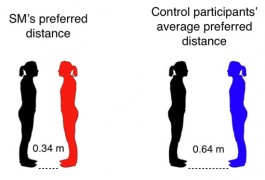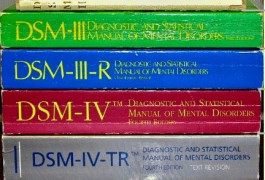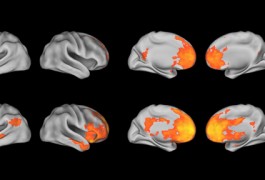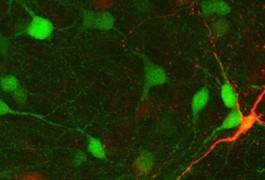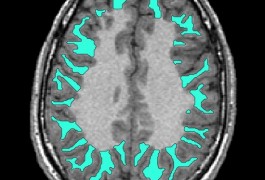Only subset of chromosome 16 variants linked to autism
Deletions or duplications of chromosomal segment 16p11.2 — previously reported as a key autism region — are seen in people with developmental delays and speech and behavioral problems, but not necessarily autism. That’s the finding from two large studies published last week of people carrying these rare genetic variations.
